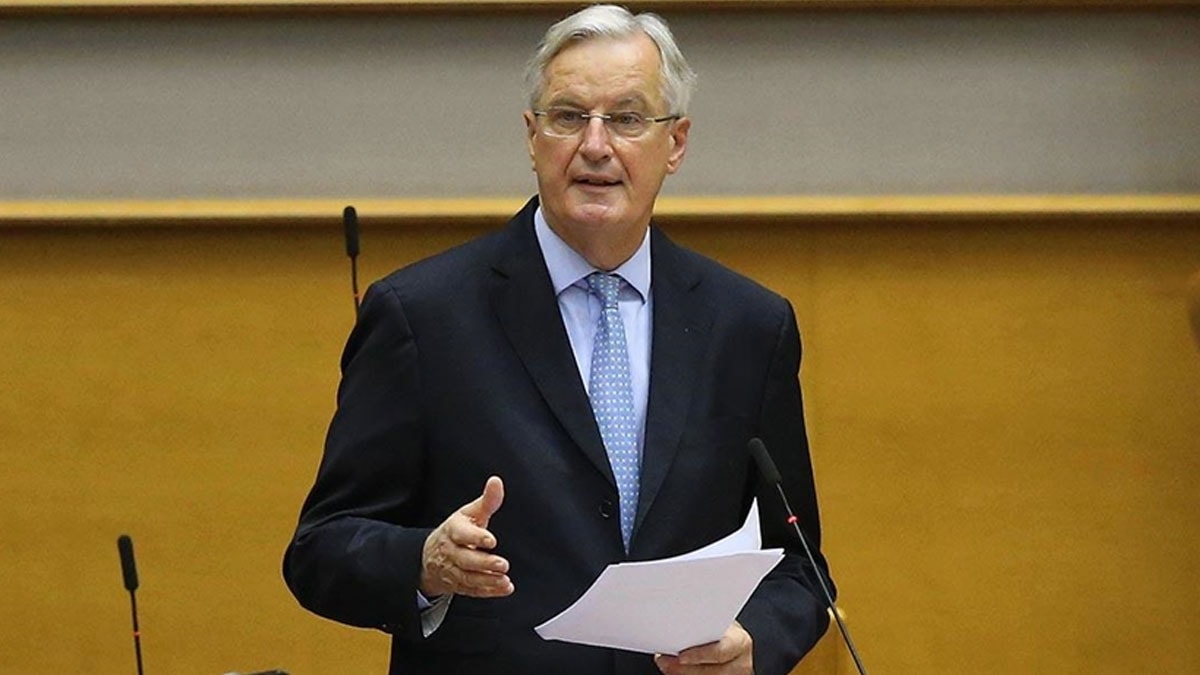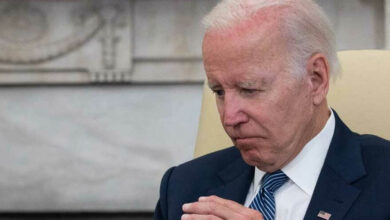French Government Falls: What’s Next for Macron, Le Pen, and the Future of France?
Paris – The French government has officially collapsed following a no-confidence vote, plunging the nation into political uncertainty and raising questions about the future of President Emmanuel Macron's leadership. The vote marks a dramatic turning point in French politics, with potential implications for the country’s governance, the rise of Marine Le Pen’s far-right movement, and the broader European Union.

Paris – The French government has officially collapsed following a no-confidence vote, plunging the nation into political uncertainty and raising questions about the future of President Emmanuel Macron’s leadership. The vote marks a dramatic turning point in French politics, with potential implications for the country’s governance, the rise of Marine Le Pen’s far-right movement, and the broader European Union.
How Did It Happen?
The no-confidence vote comes amid escalating discontent over Macron’s controversial pension reforms, which have sparked months of protests and strikes across France. The reforms, which raised the retirement age from 62 to 64, were passed through the National Assembly without a direct vote using a constitutional mechanism (Article 49.3), intensifying public anger.
Macron’s centrist government has faced growing opposition from both the left and right, culminating in the loss of parliamentary support. Prime Minister Élisabeth Borne submitted her resignation following the vote, leaving Macron to navigate the fallout.
What’s Next for Macron?
President Macron now faces a difficult path forward. Without a parliamentary majority, he has limited options to maintain control. He could:
Call for Early Elections: Macron may dissolve the National Assembly and call for fresh elections, but this poses significant risks. Polls indicate Marine Le Pen’s far-right National Rally party and Jean-Luc Mélenchon’s left-wing coalition could gain ground, potentially eroding Macron’s influence.
Form a Coalition Government: Macron could attempt to form a coalition with opposition parties, but his strained relationships with both the right and left make this an uphill battle.
Rule by Decree: While legally possible, ruling by decree under Article 16 of the Constitution would likely deepen public resentment and fuel protests.

The Rise of Marine Le Pen
Marine Le Pen, leader of the National Rally, stands to benefit significantly from the current political turmoil. Her party has been gaining traction in recent years, presenting itself as a defender of the working class and critic of Macron’s economic policies.
Le Pen has already called for Macron’s resignation, positioning herself as a voice of the opposition. If early elections are called, her party could capitalize on public frustration and secure a historic breakthrough.
Impact on France and the EU
France’s political crisis has far-reaching implications for the European Union. Macron has been a key proponent of EU integration and reforms, and any weakening of his leadership could embolden Eurosceptic movements, including Le Pen’s.
Domestically, the political vacuum may exacerbate social unrest, as unions and protest groups continue to resist Macron’s reforms.
Uncertain Future
As France stands at a crossroads, the nation’s political landscape appears more polarized than ever. Macron, once celebrated as a unifying centrist, now faces the challenge of rebuilding trust while navigating one of the most tumultuous periods of his presidency.
The next steps—whether elections, coalitions, or decrees—will shape not only Macron’s legacy but also the future trajectory of France and its role in Europe.




